To set a product launch date, or to not set a launch date. That is the question. Or at least it’s a question that has puzzled product people for a while. Do you set arbitrary release dates and stick to them no matter what? Do you have some general dates that you target, but you move away from them when the unexpected happens? Or, do you just forego dates altogether and just focus on delivering a great product, whenever that may happen to be?
When should you schedule your product launch? When choosing a launch date. It isn’t just about getting your company’s product out the door—and then to have plans to “fix it” later. It’s about setting realistic expectations for delivering good products. Dave Daniels shares some things for you to consider when you schedule your product launch so that you can have more successful product launches and fewer train wrecks.
(via @pragmaticmkting)
Set the right release date. If you want to be a bad product manager, insist on arbitrary and inflexible release dates. If you want to be a good product manager, be realistic about the necessity of meeting release dates. Jeff Lash explains that you do need to set launch dates, but you also need to make sure you understand when it is essential to meet your original date and when you should have some flexibility to account for other factors.
(via @jefflash)
The one habit that will wreck your product management career. Danny Archer believes the notion you should do away with release dates and instead create roadmaps focused on what’s coming or what’s next to be absolutely crazy. Based on his discussions with many different companies of a variety of different sizes, he came to the conclusion that dates are not just important, they are imperative. That’s why he believes choosing not to use dates will quickly wreck your career.
(via @aha_io)
Why release dates are irrelevant to product managers. Janna Bastow suggests that product managers who refuse to put dates on their product roadmaps do a better job than product managers who do. They adapt faster when plans derail. They drag-and-drop priorities so product teams don’t find themselves stalled. They run a tighter ship and they ship better products faster. Find out why Janna thinks that PMs that refuse to work with dates also end up with more successful careers
(via @simplybastow)
How sharing feature release dates turned us into liars. Alex Turnbull’s company used to share planned feature release dates with their customers, until they realized the impact of missing those dates – their customers felt lied to. Alex explains that not sharing release dates is not dishonest, it’s honestly admitting that you can’t perfectly predict the future.
(via @Groove)

